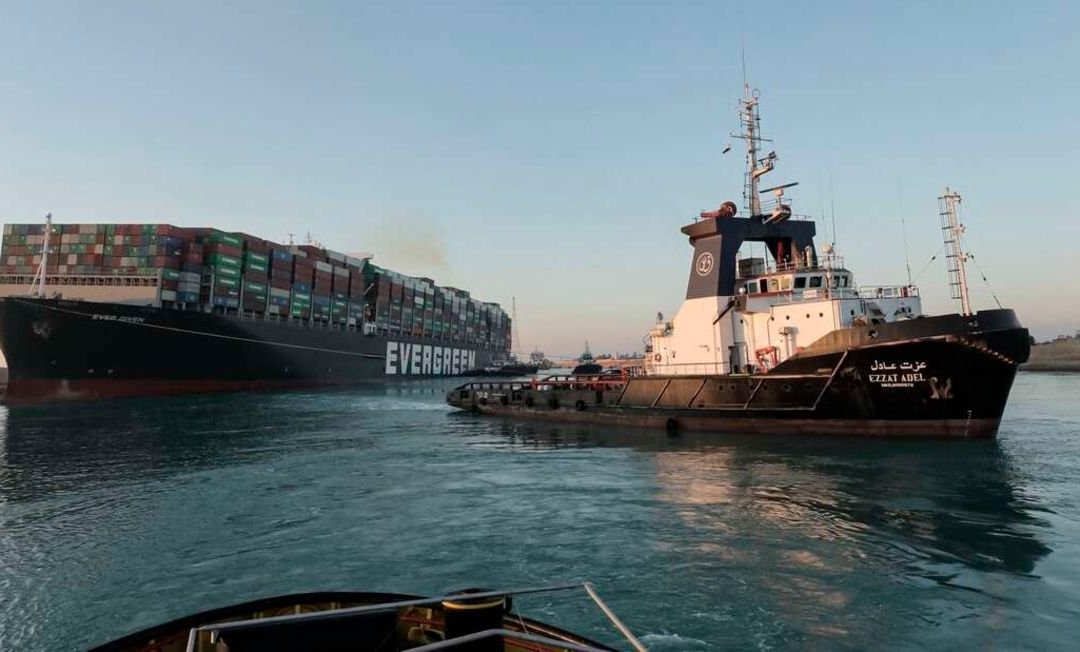The increase in transit tolls for ships passing through the Suez Canal by 15 percent is likely to impact exports to Europe from the region, the shippers warned.
Egypt has raised the fees for all vessel types, except bulk and cruise ships, whose fees will increase by 10 percent from next year.
Suez Canal Authority chief Osama Rabie said in a statement that the increment will take effect from January 1, 2023.
The authority cited rising energy prices, freight rates, and daily charter rates for ships, which are predicted to continue next year.
“The (tolls) increase is inevitable and is a necessity in light of the current global inflation, which translates into increased operational costs and the costs of the navigational services provided in the canal,” said Mr Rabie.
The key waterway connecting the Red Sea and the Mediterranean accounts for nearly 10 percent of global maritime trade.
The Shippers Council of Eastern Africa (SCEA) chief executive Gilbert Lagat said exports from East Africa destined to Europe would be the most affected.
“East Africa depends on most of its imports from Asia, which uses an alternative channel, whereas goods being exported from the region have to pass through the Suez Canal. This will complicate export, and some ships might opt to change their destinations considering the economies of scale,” said Mr Lagat.
He added, “We hope as shippers we shall come up with solutions or renegotiate with the authority for better rates.”
Exports to Europe from the region are mainly agricultural commodities such as coffee, tea, tobacco, cut flowers, fruits, vegetables and fish. Others are textile and clothing, and handicrafts, among others.
The Suez Canal is the main route used by vessels from Europe to the East African ports.
Daily charter rates for crude oil tankers increased on average in 2022 by 88 percent compared to 2021, while daily charter rates for liquefied natural gas (LNG) carriers rose on average by 11 percent during this year compared to the year earlier.
Mr Rabie said the current increased energy prices also impacted the authority’s fees calculations.
“The continued rise in crude oil prices above the level of $90 per barrel and the rise in the average prices of LNG above the level of $30 per million thermal units have led to a surge in the average prices of ship bunkers,” he said.
Consequently, there was an increase in the savings that ships achieve by transiting through the Suez Canal compared to other alternative routes, he explained.
Source: Hellenic Shipping News





